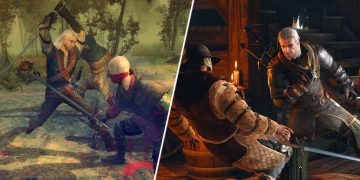Hey there, so get this—Gabe Newell, yeah, the guy from Valve, is into brain chips now. Who would’ve thought, right? Anyway, his company, Starfish Neuroscience, is cooking up this chip thing. And it’s like, super futuristic, maybe coming sooner than you’d think.
They put out a blog or something—never seen that coming—teaming up with some R&D hotshot called imec. The goal? A super small, battery-free brain implant. It’s supposed to read and stimulate neural activity all at once. Sorta like what Gabe’s been rambling about in the past—totally wild stuff.
There’s this image (can’t show it, but whatever) of Newell looking all serious. Mike Armbinder’s in there too. Probably talking brain stuff, but who knows.
Anyway, brain implants today are kinda clunky and suck a lot of juice, which makes them hard to cram in different brain parts. Elon Musk’s Neuralink? It’s more of a one-trick pony, you know? Plays nice with the motor cortex. Starfish, though, wants these tiny chips everywhere, less hassle for docs doing the slicey-dicey.
Oh, and these chips? They’re like 2×4 millimeters. If you told me years ago I’d be reading specs on a brain chip courtesy of the guy behind Half-Life, I’d have laughed. But here we are. Specs include low power, tiny size, recording and stimulating abilities, yadda yadda. It’s fabricated at TSMC’s 55nm. Whatever that means—small, I guess?
They’re hunting for collaborators now, folks in wireless tech and neural devices. They’re expecting to drop this tech around late 2025. Feels like something outta The Matrix, huh? Gabe thinks we’re closer to that reality than we realize. I mean, tapping into the motor and visual cortex beats trying to simulate feeling cold. Who knew brains were so quirky?
Back in 2019, Mike Ambinder (Valve’s psychologist guy) talked about BCI shaping games. He said they could measure all sorts of responses in players. But results? Not always spot-on, still figuring stuff out. It’s like, what do you wanna know about your players anyway?
Oh, props to Brad ‘SadlyItsBradley’ Lynch for the heads up on this. Pretty wild ride we’re on, thanks to brain tech and video game folks colliding in all this.














































